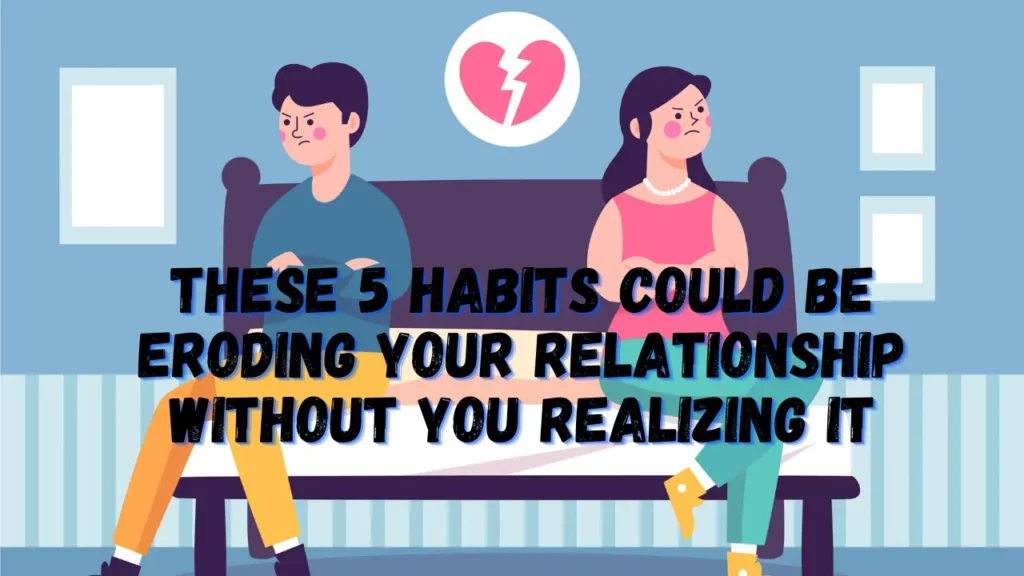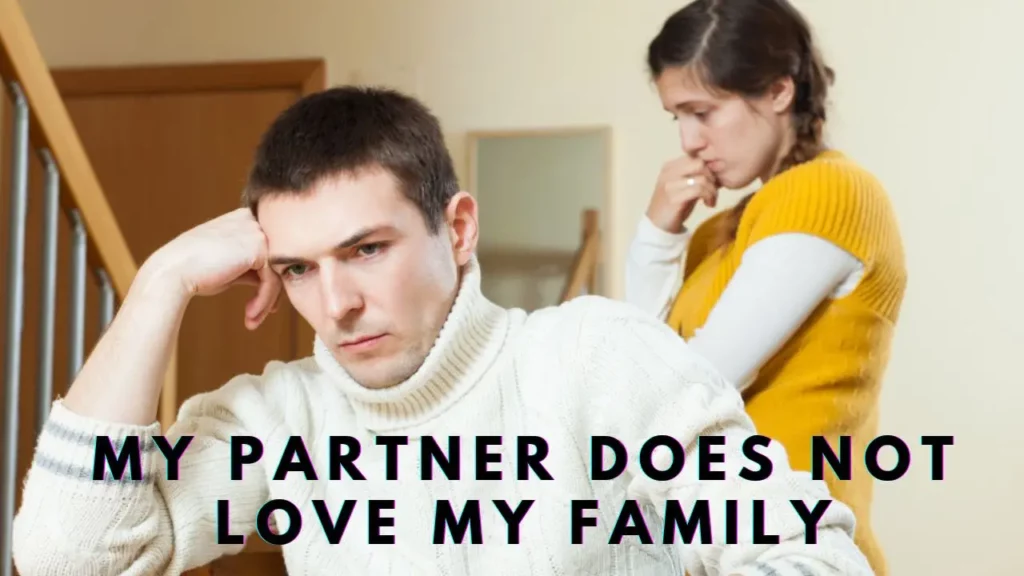Some studies from neuroscience equate being in love with temporary madness. In this frenzy of altered hormones, it is very easy to accept certain behaviors that might sound an internal alarm in other circumstances. Or even fall into one of them ourselves.
An example of these bad habits can be displays of jealousy, which, although specific cultural patterns have been responsible for dyeing it with the pastel colors of romanticism, can cause serious damage to the couple and the person who is the object of them. It is also very harmful to hold our partner responsible for our happiness. Although it is natural to support each other in relationships, we should not fall into having the other accountable for our own emotions, as this is more similar to codependency than love, and can be too heavy a burden for the other to carry. That each member of the couple takes charge of their own emotions is a much safer recipe for loving happiness.
Another of the habits that most damage the relationship between couples is avoiding communication and connection, which can lead to feelings of isolation and loneliness. Communication is a two-way process, and if one of the members of the couple is distant or generally avoids talking about their emotions, it is difficult for the other to be vulnerable in her presence, aggravating the problem. Distancing. Experts say the best way to have a satisfying relationship is to balance what you give and take. On the other hand, in toxic relationships, there is usually a person who only takes and never gives.
Related: How do we Restore Broken Relationships? 5 Psychological Way
Another habit that can warn us in relationships is the appearance of controlling behaviors. Suppose your partner asks you where you are all the time or gets upset or angry when you don’t immediately answer their messages or calls. In that case, you’re looking at two clear signs of controlling behavior, a factor that contributes to the relationship’s toxicity. Leaving aside your own care to adapt too much to your partner’s wishes – for example, stopping playing sports because they prefer you to see each other – is also a harmful tendency that signals excess dependency and a lack of limits. Personal.
An Example: Stopping playing sports because they prefer that you see each other indicates excess dependency.

When the couple has been in a relatively happy relationship and coexistence for some time, other habits may appear that, although they may seem normal to us, can end up deteriorating love without us realizing it.
“Alphonse Karr said that love is born from nothing and dies from everything, and that is never more true than in the context of a stable couple because, in cohabitation, a series of behaviors are accepted as normal that both partners consider natural when in reality “They become traps that erode the quality of the bond,” says Antoni Bolinches, couples therapist and author of The New Art of Falling in Love (Amat Editorial), among other titles. What are those behaviors that, according to this author, we should avoid at all costs?
1. Do everything together
The couples that work best know how to combine their own time and common time.
Naturally, it is assumed that the couple is formed to share life, but that does not mean that its members cannot have a life of their own. Those who make the mistake of giving up personal hobbies to spend more time with their partner run the risk of experiencing the relationship as a duty instead of considering it a pleasure. Therefore, the couples that work best, according to this therapist, know how to combine their own time and common time because that allows them to feel committed voluntarily and autonomously.
2. S3xual acceptance
Being a couple does not mean accepting sexual relations just because the other person wants it.
This is a very common mistake at the beginning of the relationship, according to which both members of the couple believe that they must be willing to have sexual relations for the simple fact that the other wants it. When you fall into that trap, s3x stops being a pleasure and becomes a duty that progressively inhibits desire. That is why s3x should never be practiced to please but to share pleasure.
3. Retrospective sincerity
One can reserve aspects of one’s life with previous partners that may make the other uncomfortable.
“I usually say in my workshops on couples that someone who says everything they think does not mean everything they say, and that is what happens to many couples at the beginning of the relationship when moved by the initial euphoria. They are so sincere. About previous life with other partners that generate retrospective jealousy and comparative grievances in their current partner.”
There must be trust in the couple to talk about everything without bothering or hurting the other.
Therefore, Antoni Bolinches explains that we must be sincere and sensible if we want a couple to work. This means there must be trust between the couple to talk about everything, which does not mean that each of its members does not have the right to reserve aspects of their previous life that may make their current partner uncomfortable.
4. Overconfidence
You can talk about everything, but without being hurtful.
The previous section, which refers to the right to privacy of the past, also serves to avoid problems regarding the principle of trust that must exist in the couple since its members are supposed to be able to talk about everything openly. Nor half-truths. Now, so that talking about everything does not turn out counterproductive when the person has a conflict between their desire to be sincere and the intuition that this could upset their partner, it is prudent to find the right moment to say things appropriately. Trust, to be true, must not be hurtful.
Some acts should be private.
Many couples share the bathroom as a sign of trust and intimacy, but it can harm their sex life.
What is true for trust is also true for intimacy since many assume that it is natural that, in addition to making love together, the members of the couple can bathe together and even share the bathroom.
“That is where some couples come to share acts that should be private ( such as urinating and defecating ), in an excessive exercise of intimacy that can harm their sexual life because excretory functions should not be part of the things that must be done. Sharing as a couple, but rather the privacy of each component,” says Bolinches. He concludes by explaining his theory of harmonious love: “In relationships, everything that does not add up subtracts.”




